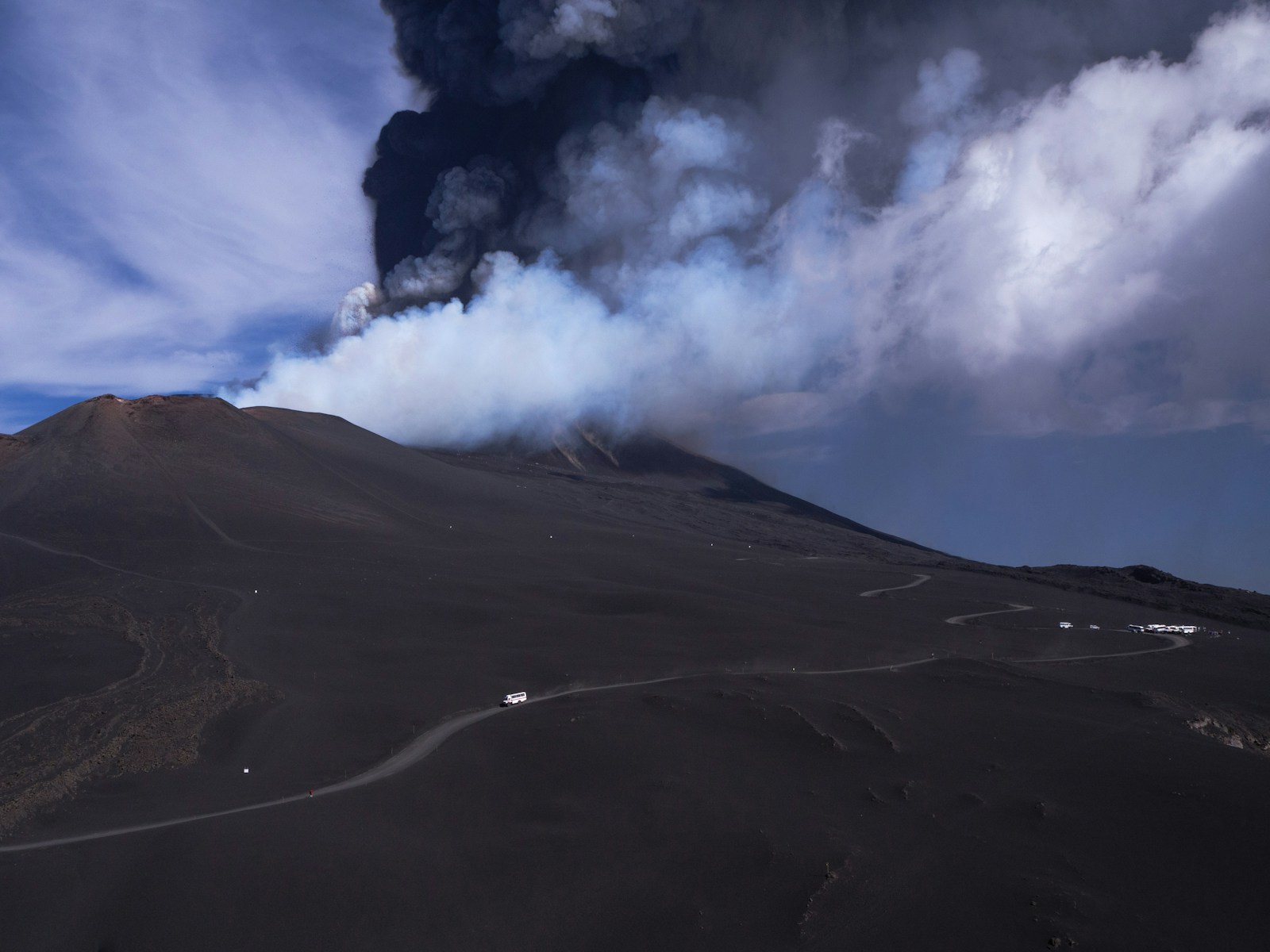
terremoto

earthquake
The Spanish term 'terremoto' translates to 'earthquake' in English. This denotes a sudden and violent shaking of the ground, often the result of seismic activity beneath the Earth's surface, such as volcanic eruptions or the release of built-up stress within the Earth's crust. Earthquakes can cause significant damage to buildings and other structures, resulting in loss of life and property. They are a natural disaster commonly studied within the field of geology.
Example sentences using: terremoto
Hubo un terremoto en Japón hace dos días.

There was an earthquake in Japan two days ago.
This sentence is used to relay past information about an event, specifically an earthquake, that happened elsewhere. 'Hubo' is the past tense of 'hay', which essentially means 'there is' or 'there are'.
Durante el terremoto, nos escondimos debajo de la mesa.

During the earthquake, we hid under the table.
This sentence describes an action taken during an event, in this case an earthquake. 'Durante' means 'during', 'nos escondimos' is the past tense first person plural form of 'esconder', meaning 'we hid'.
Cuando ocurrió el terremoto, estaba en casa.

When the earthquake occurred, I was at home.
This sentence is used to describe where someone was when an event happened. 'Cuando ocurrió' means 'when it occurred', referring to the earthquake. 'Estaba en casa' means 'I was at home'.